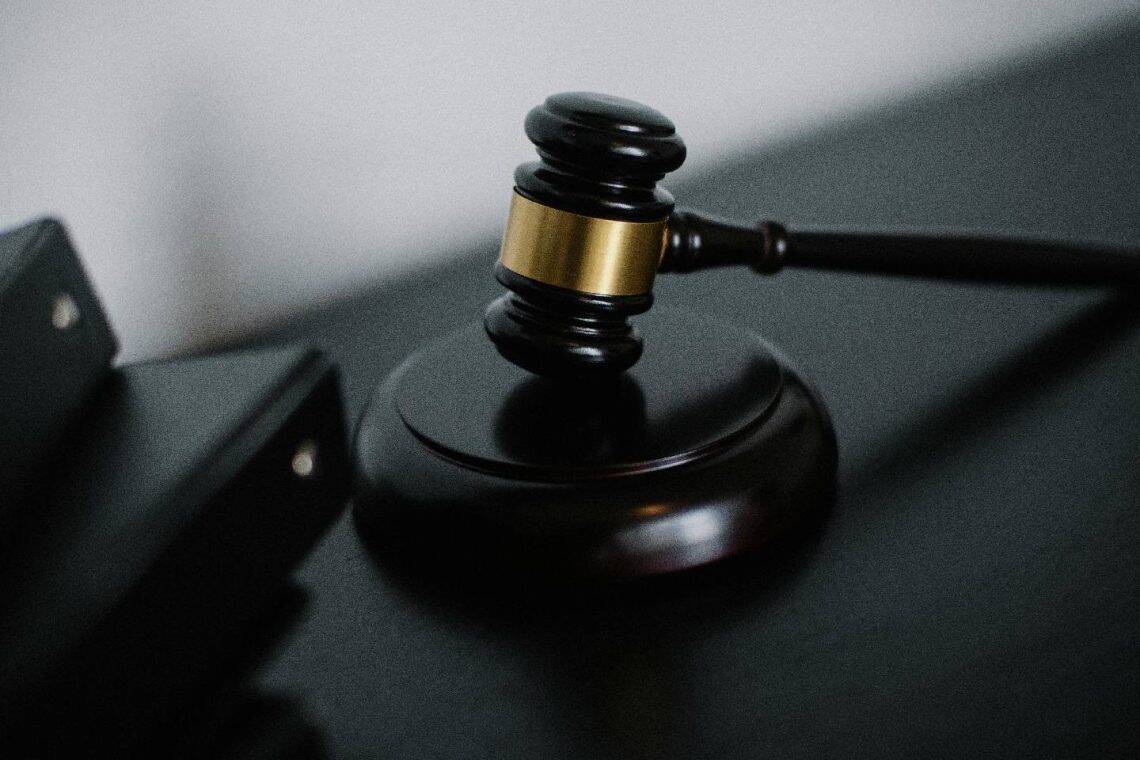As the Madlanga Commission reconvenes in Pretoria, a shroud of secrecy has fallen over hearings once praised for transparency. On October 13, 2025, the Judicial Commission of Inquiry into Criminality, Political Interference, and Corruption in the Criminal Justice System—chaired by retired Constitutional Court Justice Mbuyiseli Madlanga—resumed amid controversy. Requests for in-camera sessions have closed the doors to media and public scrutiny, sparking debate about accountability in South Africa’s justice system.
This shift follows a dramatic pause in testimony from Lieutenant General Dumisani Khumalo, head of South African Police Service (SAPS) Crime Intelligence. His sudden illness last week halted proceedings, raising questions about the probe’s trajectory and potential foul play. Observers are left asking: What does this mean for uncovering deep-rooted corruption and political meddling?
The Commission’s Challenges
Tasked with investigating criminal syndicates in law enforcement, political interference, and widespread corruption, the Madlanga Commission was seen as a crucial step toward reform. Public hearings began in September 2025, with witnesses like KwaZulu-Natal Police Commissioner Nhlanhla Mkhwanazi exposing intelligence leaks and alleged parliamentary meddling.
Mkhwanazi’s testimony revealed surveillance of politicians and misuse of covert funds, including calls for accountability for negligent MPs and journalists involved in intelligence leaks. Notices have been issued to associates of high-profile figures, including Police Minister Senzo Mchunu.
Despite these developments, closed-door sessions have sparked doubt. Commission spokesperson Jeremy Michaels affirmed transparency, noting sensitive testimony requires privacy. Media houses have opposed this move, arguing it undermines public trust. A ruling on these objections is expected soon.
Khumalo’s Illness: Pause or Sabotage?
The spotlight intensifies on Lt-Gen Khumalo, whose testimony was abruptly halted due to illness just before discussing key crime intelligence operations. Briefly hospitalized, he is recovering at home and will not appear when hearings resume. SAPS is investigating the cause, amid speculation of poisoning or stress-induced collapse.
Before his illness, Khumalo exposed details about the “Big Five” criminal cartel and its political connections. His evidence was expected to uncover further corruption, including links between police firearms and organized crime. The timing has led to speculation of sabotage. Public reactions online reflect concern, with users questioning the decision to restrict access to the hearings.
This pause delays critical crime intelligence testimony, potentially stalling progress in addressing systemic issues such as political killings in KwaZulu-Natal, where a task team spent R235 million with only a 17% conviction rate.
Leaks and Political Interference
Central to the commission’s mandate are leaks exposing political interference. Testimonies accuse MPs of meddling in SAPS affairs, with classified information allegedly used for political advantage. Mkhwanazi detailed “fixer” links and surveillance, while a forensic report recommended referrals over disinformation campaigns linked to ANC figures.
These revelations have prompted summonses for individuals such as Brown Mogotsi. The ANC expects the Police Ministry to address claims related to late figures like Nathi Mthethwa.
Public Outcry and Demand for Transparency
With closed-door hearings underway, public frustration has grown. Social media users call for openness: “Madlanga Commission happening behind closed doors is unfair because the same corruption happened behind closed doors.” Media opposition emphasizes the need for public oversight to rebuild trust in institutions plagued by scandals.
Justice Madlanga has pledged transparency where possible, but critics warn that in-camera sessions risk eroding credibility. The situation highlights a broader demand for accountability in South Africa’s fight against corruption.
Global Comparisons
The commission’s developments echo historical cover-ups elsewhere, where political interference and leaks threatened accountability. Past anti-corruption campaigns in other nations demonstrate the value of swift action and public engagement. These lessons offer guidance for maintaining credibility while tackling high-level interference.
Looking Ahead
With Khumalo sidelined and hearings partially veiled, the Madlanga Commission faces an uncertain path. Will closed doors protect sensitive information or obscure truths? Success depends on balancing security with transparency, and exposing corruption could pave the way for reforms—provided the public remains vigilant.
The coming weeks will test the commission’s resolve as the nation watches, hoping light pierces the darkness enveloping this crucial inquiry.
